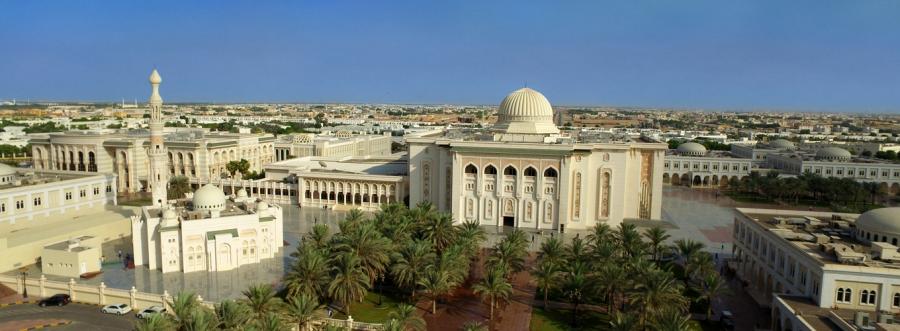- About
- Admissions
- Study at AUS
- Prospective Students
- Bachelor's Degrees
- Master's Degrees
- Doctoral Degrees
- Admission Publications
- International Students
- Contact Admissions
- Grants and Scholarships
- Sponsorship Liaison Services
- Testing Center
- New Undergraduate Student Guide
- New Graduate Student Guide
- File Completion
- New Student Orientation
- Payment Guide
- Executive Education
- Students with Disabilities
- Academics
- Life at AUS
- Research
- Contact Us
- Apply Now
- .

Maltese: A Peripheral Arabic Dialect, an Official Language of the EU, and a Descendant of Both Tunisian and Lebanese Arabic (October 2017)
Maltese is a peripheral dialect of Arabic spoken on the island nation of Malta in the Mediterranean between Tunis and Sicily. Because of successive periods of European colonization, Malta is a member of the European Union, making Maltese an Arabic/Semitic language of Europe. In this talk, I will first show how the language is, indeed, Arabic, then explain how Arabic established itself on Malta and survived to the modern era, finally presenting the results of an ongoing research project, documenting syntactic Levantine Arabic features in Maltese. Otherwise classified as a North African variety of Arabic, Maltese displays “some curious similarities with the Eastern dialects” and “suggestive Levantine traits” Mifsud (2008). Indeed, the correspondences between Maltese and Levantine varieties of Arabic range between regular and predictable to singular and startling. None of these is excusive to Maltese and the Levant alone. Indeed, one characteristically Lebanese trait is found as far away as Fujairah. Mifsud’s explanation, “that successive waves of impact reached the Maltese shores from different Arab stations and at different points in the island’s history” (ibid) does not preclude an alternate explanation: that the origins of Maltese and Tunisian Arabic are in pre-diaspora (640 AD) dialects from the Syrian steppes, some of those ultimately originating in the southern Arabian peninsula.
Speaker: Dr. David Wilmsen, Professor and Head of the Department of Arabic and Translation Studies
For more information, contact [email protected].

